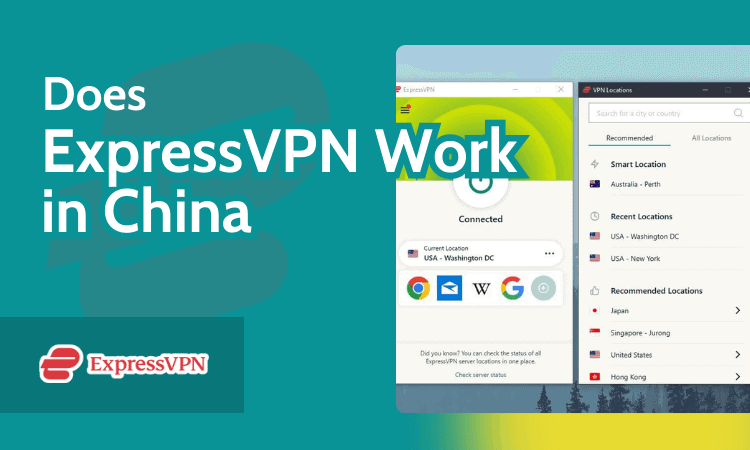There was a pivotal moment in the Marvel Cinematic Universe when Black Widow became a hero for the average person. It occurred in the early stages of 2012’s The Avengers: She finds herself tied to a chair. Agent Coulson calls. A nondescript military leader who has been interrogating her hands her the phone. Coulson explains that S.H.I.E.L.D. needs to extract her from the field. She responds by kicking her interrogator in the shin, breaking the chair she’s tied to, taking down three men, grabbing her heels, and making a swift exit.
The Avengers went on to earn $1.5 billion globally and propelled nearly all of its cast members to superstardom, including those who were already famous. Scarlett Johansson’s Black Widow—the Avenger lacking wealth and superpowers beyond Red Room training—was among the last to receive her own movie or show. Black Widow was simultaneously released in theaters and on Disney+ in the summer of 2021, during a time when some people were still hesitant to visit movie theaters due to the Covid-19 pandemic. Johansson filed a lawsuit against Disney for breach of contract, arguing that the streaming release negatively impacted the movie’s box office performance.
Johansson and Disney eventually settled their legal dispute. The terms of the settlement were not disclosed, but the outcome demonstrated Johansson’s willingness to defend the value of her work—whether against Disney, who had already paid her $20 million for the film, or against OpenAI, whom she threatened with legal action this week over their new ChatGPT interface. Johansson claimed that the computer-generated voice, named Sky, sounded remarkably similar to her own voice, to the point where her friends and the media couldn’t distinguish between them. OpenAI’s CEO, Sam Altman, stated that Sky was never intended to resemble Johansson’s voice. Legal experts suggested that she may have a case if she chooses to pursue it.
Since Johansson called out OpenAI, public sentiment has largely been in her favor. Critics observed that OpenAI’s actions revealed their true intentions; by allegedly seeking Johansson’s involvement and then proceeding with a similar project despite her refusal, Altman was “showing us who he really is,” according to Johansson’s statement. In a matter of hours, Johansson became a symbol of resistance, akin to this generation’s Ned Ludd. Individuals who had ever wondered if AI was monitoring their online activities now had a champion.
“In a way, we are all Scarlett Johansson,” wrote Kyle Chayka in The New Yorker, “waiting to encounter an uncanny reflection of ourselves that was created without our consent and from which we will gain no benefit.”
Few ironies are as poignant as this. The reason why Johansson’s voice is sought after for an AI assistant is due to her portrayal of one in Spike Jonze’s film Her. As my colleague Brian Barrett pointed out recently, the desire to replicate that experience reveals a fundamental misunderstanding of the movie. Nonetheless, both tech executives and the general public have developed parasocial relationships with Johansson because she possesses a skill set that AI cannot replicate. Now, those who have found solace in her work are rallying behind her in a new way as she publicly challenges AI’s encroachment, a stance that surpasses the numerous lawsuits brought by artists and writers.











![The 15 Best Python Courses Online in 2024 [Free + Paid]](https://news.pourover.ai/wp-content/themes/jnews/assets/img/jeg-empty.png)









